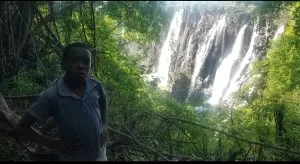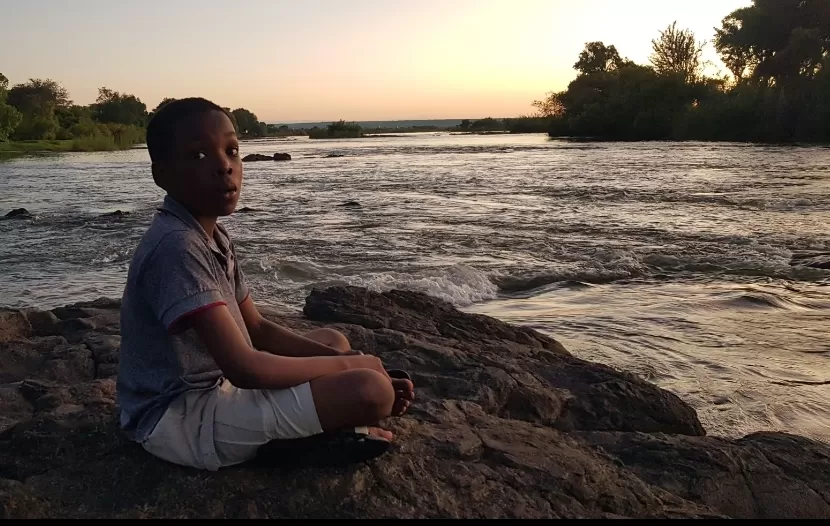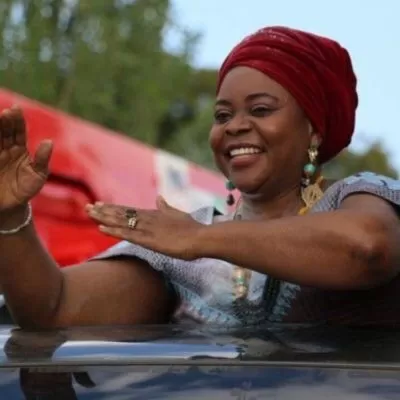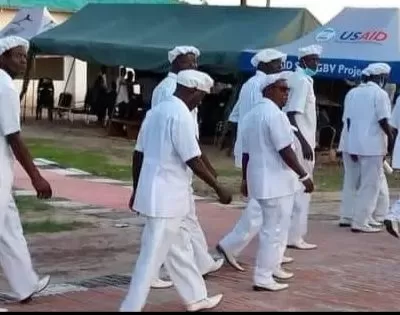By James S. Mweemba.
Zimba is part of the larger Kalomo, and its people are also rightly the Kalomo people, the Tokas, the Tokaleyas, the Leyas.
Zimba is a market town in southern Zambia, 70 kilometres northeast of Livingstone, on the main road and railway line to Lusaka. About 50km from Kalomo in the southern direction, towards the shungu, mudolopo ya Livingi, is a town called Zimba.
Zimba started as a railway siding in the early 1900s and has always been part of Kalomo. It was a sub-district of Kalomo. Actually others called it the capital of Kalomo as the administrative chamber of Kalomo was situated in Zimba. It’s Actually the same one they used as the chamber for the nation Zambia when Kalomo was the capital City of Zambia in those early years before they moved it to Livingstone and then Lusaka. The chamber still stands.

A couple of kilometers to the south-east of Zimba town is a seasonal river. This river is a tributary to the Matezi river that passes right in our village. The Zimba river joins the Matezi a few kilometers down river – quite a distance from our village. Every year we would trek to the estuary at the bigging of the rain season – reason was to catch two types of fish, the bubble fish and another nice looking and very taste fish we call Ningu. It’s the Salmon of our village.
Zimba river is a mud river, and in the dry season it dries and cracks. No life seems to survive there at those times, at lest to the naked eyes. The bubble fish, our ancestors learnt much earlier, would actually drill holes and hide in the dry mud all through the dry season, only to rise at the beginning of every rain season. Suddenly the river would have thousands of fish. We would go there and hunt/fish it. As for the Ningu, bensiku/ancestors said it comes from the Kalomo river and follows its tributaries’ fast flowing waters as it empties into it with the first rains. First into the Matezi and strangely, from the Matezi most of it into the Zimba river.
That’s why we were going there. For both types of fish. It was like an annual traditional ceremony, a fish ceremony.
Very delicious.
But as you can see, I’m diverting, your question was direct and it needed a straight answer. Unfortunately that answer will only be coming in bits, but it come. I have evoked bensiku, as they reveal to me so I will reveal here. What I can tell you with certainty, however, is that Zimba town was named after the Zimba river. Obviously your question now will be, where did the Zimba river get its name from. That’s the part where I’m still consulting the village elders.
It might interest you, however, to note that a few hundreds of Kilometres, across the might Zambezi, is a place called Zimbabwe, not the country but the historical buildings, the ruins of the Great Zimbabwe. That one was a shrine, probably still is. Zimba is close – a place where fish come from the ground, from nowhere really – and other fish come to congregate, have sex, lay eggs and die.
Our going there was like prayers, and unison we would say, “waetela mulonga, waetela Zimba”.



